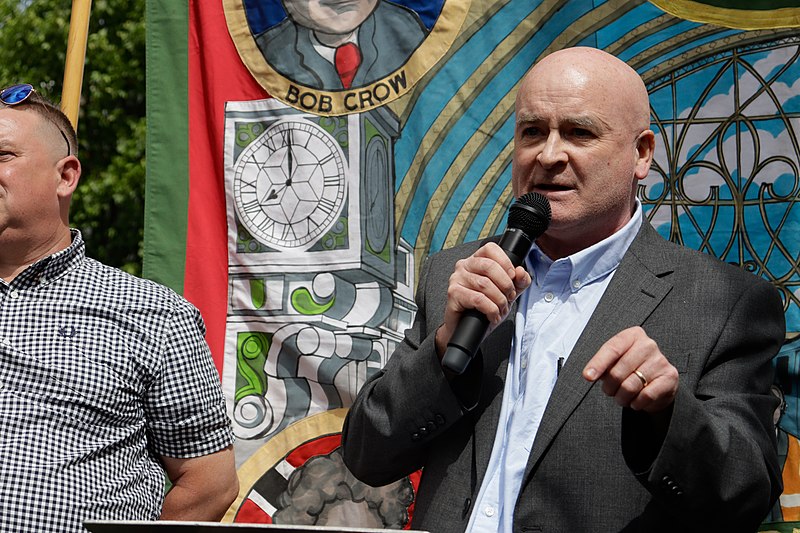Much of the recent coverage of the national industrial disputes has referred to public opinion being important for conditioning their outcomes, with the most extreme examples implying that it is the most important factor in creating a resolution. This casts the industrial disputes as mere protest movements and does not engage with the physical reality of the impact of workers withdrawing their labour. Perhaps one of the reasons for the current national disputes being viewed through the prism of protest is because of the current trend of unions favouring short strategic action over prolonged or indefinite stoppages.
However, what actually determines the outcome of industrial outcome is whether it is disruptive enough or not or if organised labour can find some other form of leverage, as Unite has recently done with the ‘strikes plus’ approach. Either way, material disruption is key. In the last year there have been literally hundreds of local strikes that have received minimal media attention and, therefore, limited engagement from the public. This has not prevented trade unions from achieving successful outcomes in these disputes.
Industrial action is supposed to be disruptive to the employer and, unfortunately, the public are sometimes necessary collateral (a view the government seems to have adopted with the current crisis in the NHS). In a standard profit-making enterprise, the logic of industrial action is to make it more expensive for the employer to endure industrial action than to settle with the workers. This becomes more complicated in disputes where workers cannot affect revenues. For instance, the current rail disputes are complicated by train operating companies receiving their money from the government upfront.
This is especially the case with the NHS disputes, as it is free at the point of delivery. Therefore, industrial action works by making the situation bad enough that the government has to intervene. Non-striking members of the public of course have a right to feel aggrieved at this situation, and it could be argued that if they do not then the strikes are not disruptive enough. Ideally, this frustration would translate to a proper appraisal of the situation and apportion appropriate blame on the employer or government (which it appears may currently be the case), but if the public decide to blame the workers it should not affect the immediate outcome of the dispute.
Despite its secondary role, public opinion is not irrelevant. In the short-term it can help strikers not to feel hated (most people, reasonably, do not want to feel despised). This in turn can affect workers’ commitment to, and general enthusiasm for, a strike and this directly impacts upon its prospects of success. In an ideal world, for striking unions at least, workers would almost revel in being hated. However, most people are not Millwall supporters. In the long term, public opinion can inform how far a government will go to break a strike or how much it will, or will not, intervene in a private dispute.
Though it should be noted that the extent of this is not clear. For instance, even with the public supporting nurses (and not feeling too aggrieved at other workers striking) the government, which currently struggles to legislate itself out of a paper bag, is still pushing ahead with new anti-strike legislation. It could be argued that governments, both local and national, are dependent on getting elected, and a sufficiently negative public reaction to their response to an industrial dispute could result in them being voted out of office. However, industrial disputes rarely neatly coincide with electoral cycles, and, even then, it is possible that voters may not decide based on a single issue.
Thus, the importance of favourable public opinion in determining the immediate outcome of a given dispute is limited. What conditions the outcome of the current national disputes will not be public support, but whether the disruption caused by industrial action is sufficient. This is not to say that organised labour can win every dispute with a simple equation of maximum disruption means maximum success, some battles are destined to end in defeat, but if it loses it will be because of material forces, not a lack of public support.


